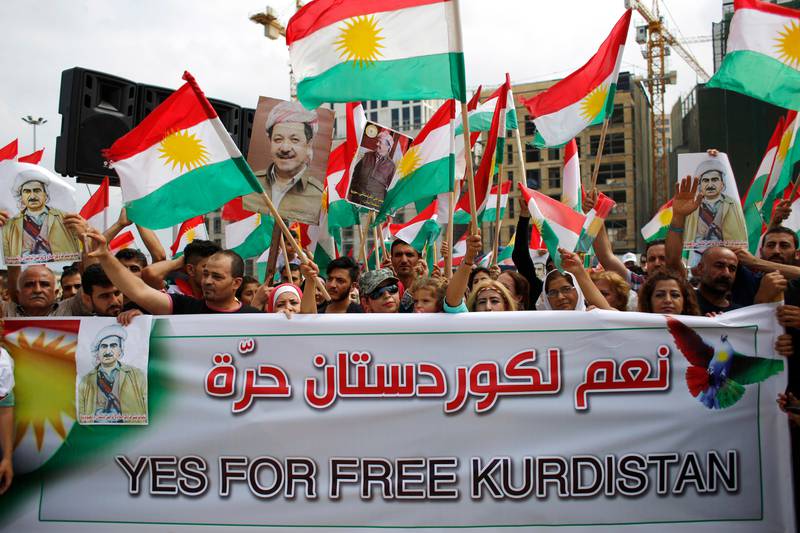On September 25th, the sixth anniversary of the historical independence referendum of the South part of Kurdistan was carried out in 2017 in all the parts of the South part of Kurdistan and more than 92 percent of the population voted for "Kurdistan Independence". On September 25, 2017, a referendum was carried out in the Southern part of Kurdistan, and the question of "Do you want Kurdistan Region and the surrounding Kurdistan areas to gain its official autonomy?" in four languages.
In this article, we will briefly discuss the referendum of September 25th, 2017 in the Southern part of Kurdistan but first, we will talk about the "Referendum", its concept, and its meaning shortly.
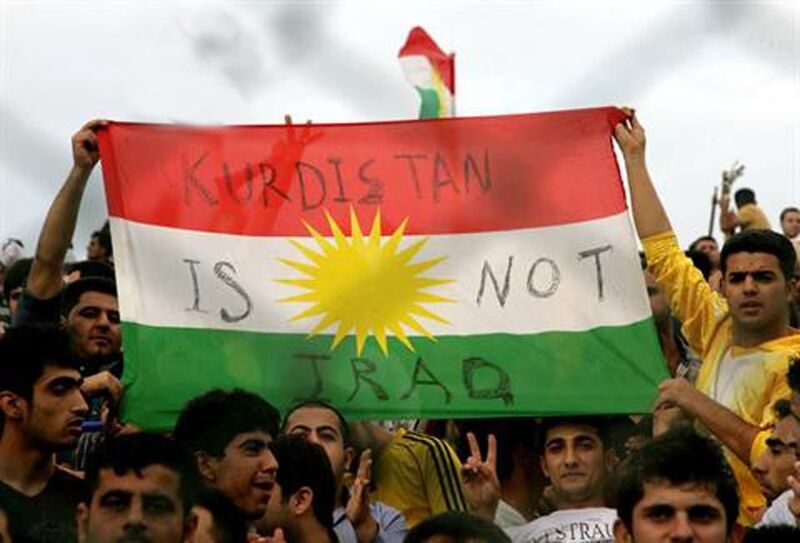
What is a referendum?
Referendum refers to the process of voting for rejecting or accepting a policy suggested by the leaders or representatives of a society by every member of that organization or society.
The main goal of a referendum is to avoid a law that is not suitable for the majority of society. In the modern parliament systems, a referendum is only carried out when a fundamental law (institution) is going to be accepted or when an essential change must be made in the government; however, in some of the small societies, most of the affairs are decided by carrying out a referendum.
The referendum in countries that have a democratic system in which two parties of the society, the right and left party, agree on a subject based on the laws that have already been established will be carried out by a neutral country or government.
There are two kinds of referendum, arbitrary referendum and obligated referendum. Generally, an obligatory referendum is done to establish the constitutional laws. In the arbitrary referendum the representatives of the parliament may want to ask the whole society to decide on an issue or a government needs the society's votes to accept or decline an issue because there is not a parliament to make a decision for that issue. Or perhaps the referendum is carried out on people's demand.
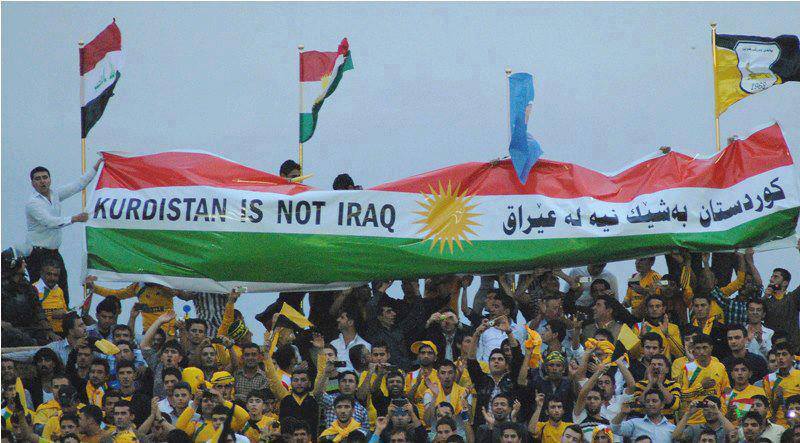
Creating a Situation for the Independence Referendum of the South Part of Kurdistan
During the conflict between Hawler (Erbil) and Baghdad in 2014, the conflict between the Kurdistan Region and the Iraqi government reached its peak. In May, the Kurdistan Region, without Baghdad's intervention, began selling oil to Turkey through pipelines. The following month the "ISIS" terrorist group attacked Iraq and occupied most of Mosul and Tikrit, they also launched a massive attack on Kirkuk, but they were prevented by heroic Peshmerga forces, the city was protected, and the Peshmerga took control of the isolated areas and Kirkuk.
On July 1, 2014, Masoud Barzani, the leader of the Kurdistan Democratic Party (KDP) and then president of the Kurdistan Region spoke about their desire to split from Iraq, but this was postponed indefinitely due to the arrival of the new Iraqi prime minister and the fight against ISIS.
Later on June 2917, at a meeting of all political parties in Kurdistan including the ruling parties and the opposition, it was decided to hold a referendum on September 25, 2017. The decision was also made to include isolated areas including Kirkuk, Makhmur, Khanaqin, and Shangal (Sanjar).
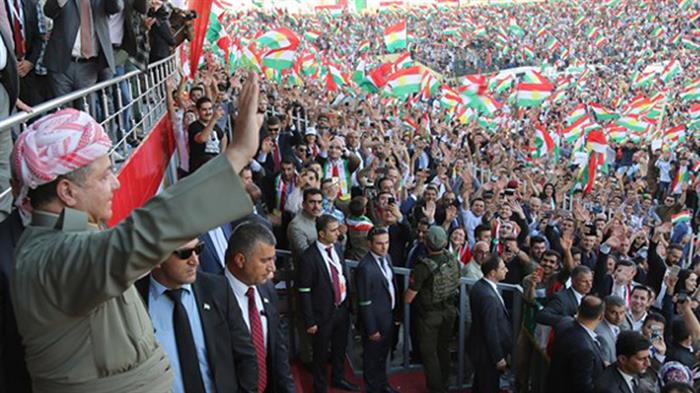
The three sides of "Yes, Doubt, and No" in the Southern part of Kurdistan
Following the 25th of September 2017 to hold a referendum in the Southern part of Kurdistan, three parties were formed in the region, the largest of which was the "Yes" party, which decided to vote "yes" for the independence of the Southern part of Kurdistan.
Each of the parties of the Kurdistan Democratic Party, the Patriotic Union of Kurdistan, the Socialist-Democratic Party of Kurdistan, the Islamic Union of Kurdistan, the Communist Party of Kurdistan, the Islamic Movement, and the Zahmatkeshan Party announced that they will vote "yes" for the independence of Kurdistan in the referendum and organized a campaign called "Yes Call" campaign led by Masoud Barzani, Salahaddin Mohammad Bahaaddin, Kosrat Rasoul and Muhammad Haji Mahmoud and other political figures.
Among these, there was another party known as the "Doubt" party which included the Goran (Change) Movement and the Judiciary Group which was then known as the Islamic Society of Kurdistan. These two sides did not make a final decision until the final day before the referendum thus they faced a lot of criticism. However, as a result, the majority of Kurds forced them to agree to vote "Yes" for Kurdistan Independence.
The only vote of "no" was the "NOT Now" campaign led by Shaswar Abdul Wahid which was accompanied by a very small crowd.
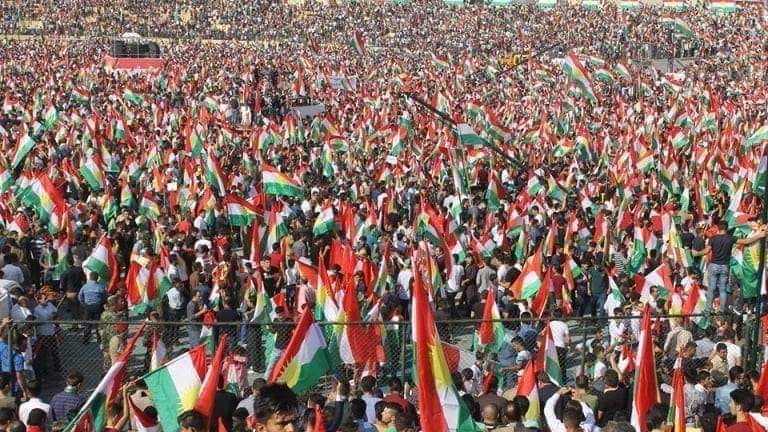
The historical day of the referendum in the Southern part of Kurdistan
On September 25, 2017, a referendum was carried out in the Southern part of Kurdistan, and the question of "Do you want Kurdistan Region and the surrounding Kurdistan areas to gain its official autonomy?" in four languages.
In this referendum, the Kurdish people of the South part of Kurdistan came to vote with a strong will and more than 92 percent of the people voted "Yes" to the "independence of the South part of Kurdistan". The entire process was attended by 72% of the population of the Southern part of Kurdistan.
Not only in the Southern part of Kurdistan but also in the three other parts of Kurdistan and the whole world this issue got popular. Along with the successful run of the referendum in the Southern part of Kurdistan, the Kurdish people in the eastern part of Kurdistan rushed to the streets and supported their brothers and sisters in the Southern part of Kurdistan and celebrated this historical day. It is worth mentioning that after the people of most of the cities in the East part of Kurdistan showed up in the streets and cried out the slogan "Long live Kurdistan and Yes for the independence of Kurdistan", they were attacked by the forces of the Islamic Republic of Iran arresting hundreds of the citizens and sentencing them to imprisonment. However, it proved that the desire for independence in all parts of Kurdistan is a general desire and every patriotic Kurd wishes it to come true.
The warm welcome of the people of Kurdistan for the Great Kurdistan and the whole world of the referendum of the Southern part of Kurdistan was unprecedented. Social media were decorated with the flag of Kurdistan and people expressed their happiness in all the ways they were given; this showed the active national thought and feelings inside every patriotic Kurd. It was also proof for the enemies and invaders of Kurdistan that their Kurdish will for independence and autonomy of their homeland will never fall and that the Kurds will celebrate a day when they reach their long-term desire and goal which is Independence of all parts of Kurdistan.
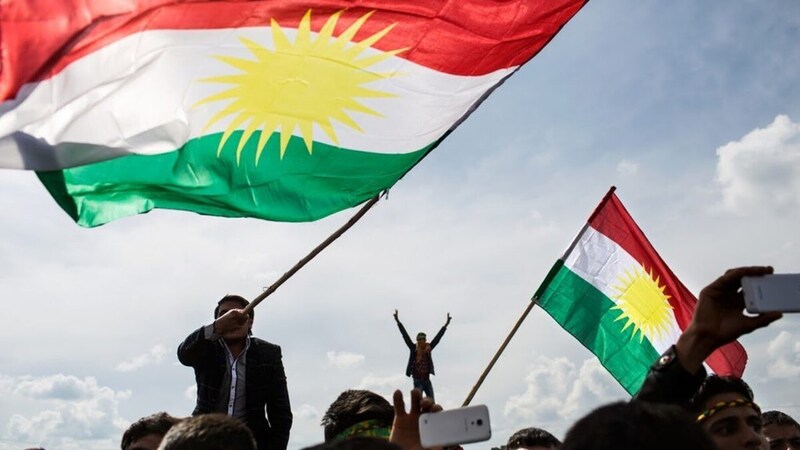
Global reactions to the referendum of the South part of Kurdistan
The Southern part of Kurdistan clearly made Kurdistan's friends and enemies prove themselves. This issue was discussed all over the world and every country showed their attitude.
On the day of the referendum, each of the invading countries of Kurdistan (Iraq, Iran, Syria, and Turkey) continued to publish their statements from heads of their states and representatives who opposed the referendum in the Southern part of Kurdistan in their media. The invaders were horrified. Those Western countries that always talk about human rights and democracy had exactly the opposite position towards this referendum and despite their claims about human rights and democracy disagreed with it. These countries were the U.S., Britain, Germany, Spain, and Australia.
On the other hand, Bulgaria, the Region of Catalonia, and France partially supported the referendum; Sweden and Israel however, expressed their full support for the Kurdish people's will.
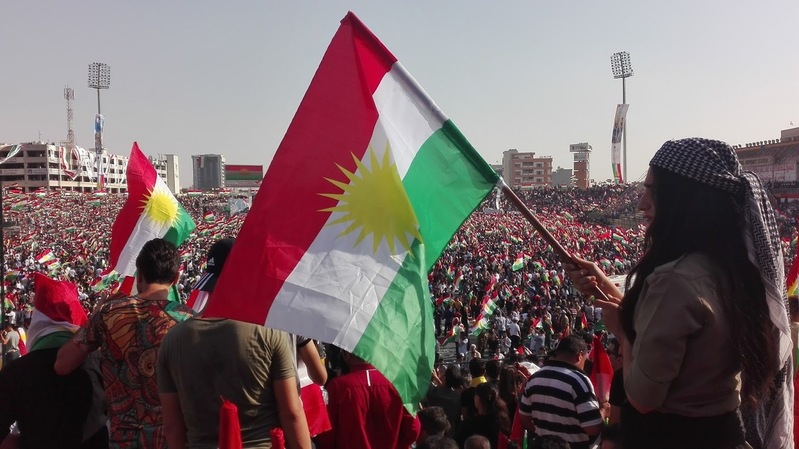
Conclusion
It is true that the referendum of 2017, for many internal and external reasons, did not result in the independence of the Southern part of Kurdistan, but it showed that the independence of Kurdistan is always the desire and goal of the Kurdish people and no force can kill this desire and goal in the minds and ideas of Kurdish people.

